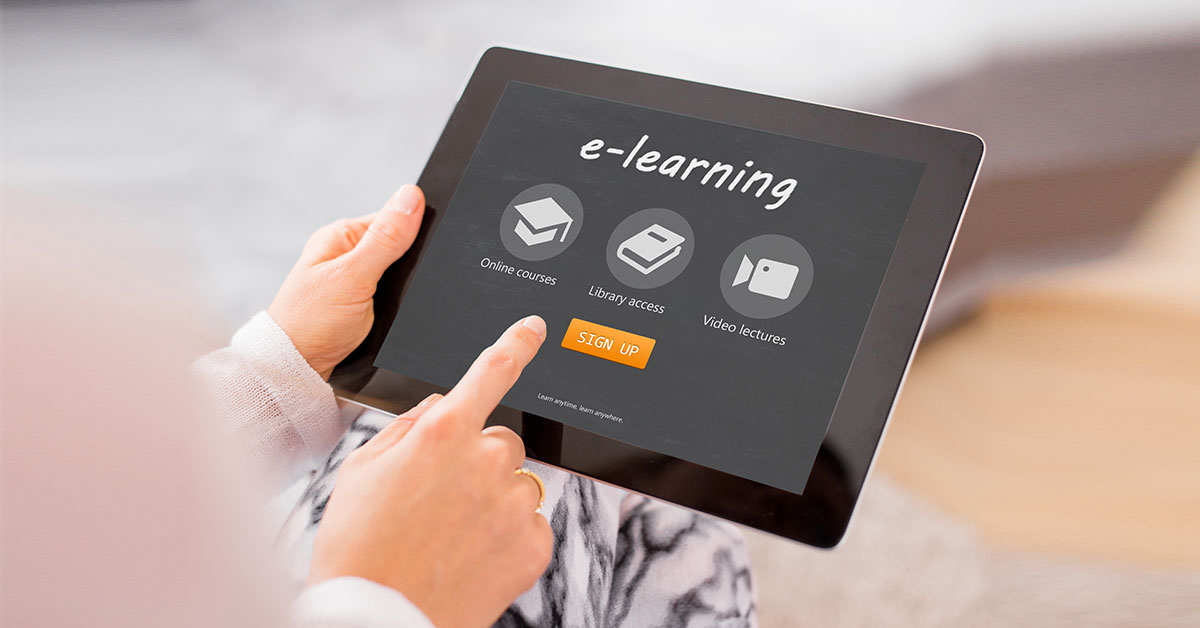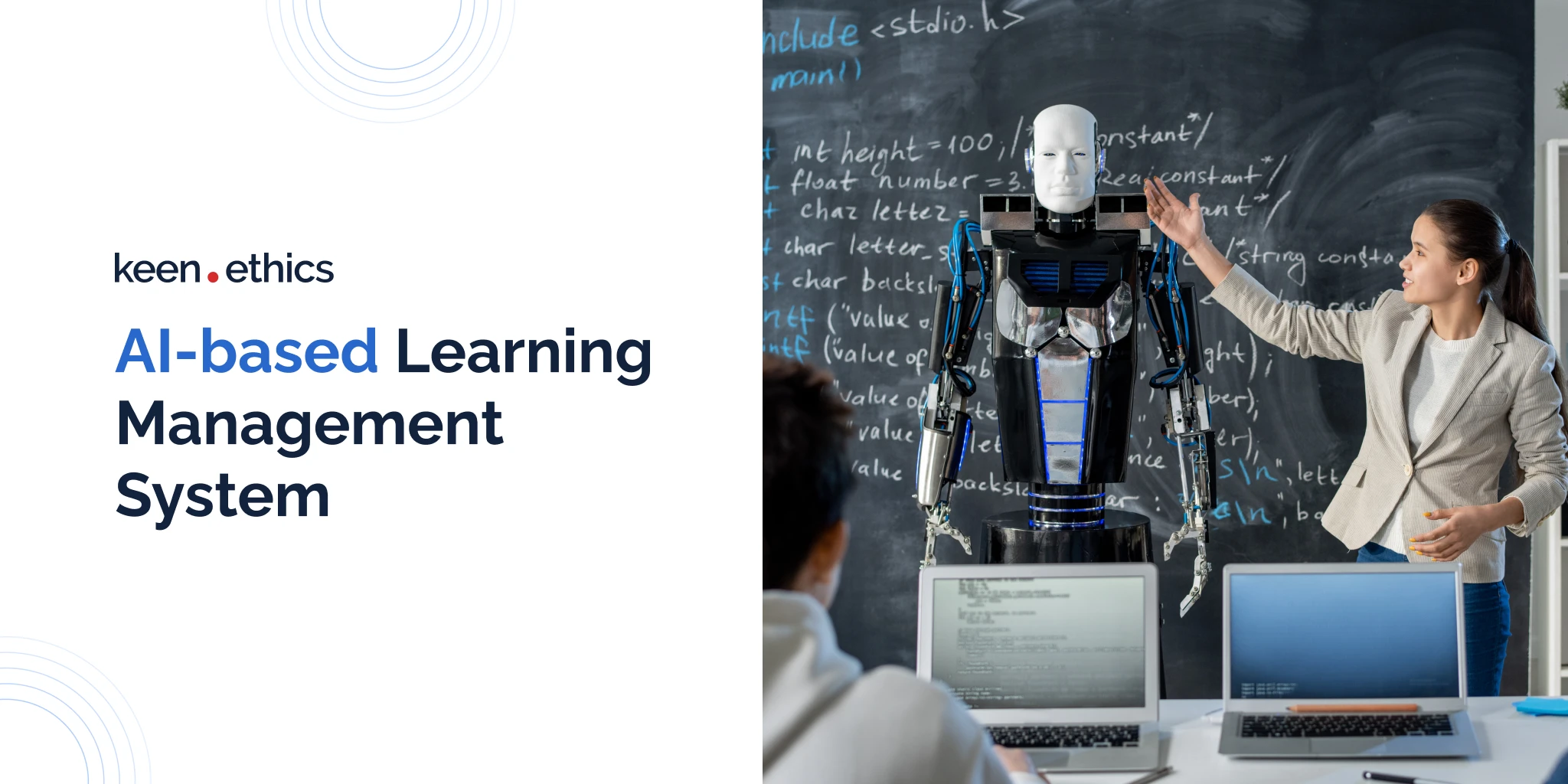Learning Management System Singapore: Just How It's Revolutionizing Education in Singapore
Learning Management System Singapore: Just How It's Revolutionizing Education in Singapore
Blog Article
Streamline Education And Learning With a Leading Understanding Management System
In the ever-evolving landscape of education and learning, the adoption of a leading Knowing Management System (LMS) offers a critical chance to improve processes and boost both mentor and discovering experiences. By automating administrative tasks and supplying tailored finding out paths, an effective LMS not just promotes better involvement but also cultivates an atmosphere conducive to cooperation and inclusivity.
Advantages of a Knowing Management System
An Understanding Administration System (LMS) offers countless benefits that can considerably boost the academic experience for both learners and teachers. Primarily, an LMS promotes streamlined training course administration, permitting trainers to take care of program products, track learner progression, and evaluate performance effectively. This automation reduces the management burden on teachers, enabling them to concentrate much more on training and student engagement.
Furthermore, LMS systems sustain personalized learning paths, fitting diverse understanding designs and rates. This adaptability promotes a more inclusive atmosphere, making it possible for students to gain access to sources that best suit their demands. Moreover, the access of an LMS permits pupils to engage with program material anytime and anywhere, advertising self-directed knowing and accommodating various timetables.
One more noteworthy advantage is the enhanced collaboration opportunities an LMS gives. Discussion online forums, team jobs, and peer evaluations motivate communication amongst students, enhancing their understanding with shared perspectives. In addition, the information analytics functions of an LMS allow educators to gain insights right into learner involvement and performance, notifying instructional approaches and interventions.
Key Functions to Search For

Next, robust coverage and analytics abilities give useful understandings right into student development and involvement, permitting instructors to make data-driven choices. Assimilation with various other devices, such as material authoring software application and interaction platforms, is also essential for improving functionality and streamlining workflows.
Scalability is one more vital function, making sure that the LMS can expand along with the establishment's needs, accommodating a boosting variety of individuals and web content. Furthermore, mobile compatibility is vital in today's digital landscape, enabling students to accessibility instructional products on different tools.
Lastly, solid security procedures must be in area to safeguard sensitive info and keep conformity with instructional regulations. By prioritizing these key features, companies can select an LMS that sustains efficient teaching and finding out end results, eventually improving the educational experience for all stakeholders involved.

Enhancing Pupil Engagement
Student engagement is a critical aspect in the success of any curriculum, as it straight influences learning end results and retention rates. A robust Discovering Management System (LMS) can play a crucial duty in boosting student engagement through different cutting-edge features.

In addition, individualized knowing paths allow trainees to advance at their very own speed, dealing with individual understanding designs and choices. This flexibility not only fosters a feeling of ownership over their understanding journey but likewise keeps trainees spent and encouraged.
Furthermore, real-time feedback mechanisms allow teachers to monitor pupil performance and give prompt assistance, more improving the finding out experience.
Execution Strategies for Institutions
Effective implementation of a Discovering Administration System (LMS) needs organizations to adopt a strategic method that straightens innovation with educational goals. To accomplish this, organizations need to start by performing a complete demands analysis to identify certain needs, making certain that the LMS will effectively deal with challenges encountered in mentor and knowing.
Following, appealing stakeholders-- professors, managers, and students-- is crucial for cultivating a society of collaboration and support. Training sessions ought to be arranged to furnish users with the necessary abilities to take advantage of the LMS successfully. Furthermore, establishments have to assign enough resources, including time and budget plan, to promote a smooth change and recurring upkeep.
Additionally, developing a phased rollout strategy can aid alleviate prospective disruptions. Organizations can begin with pilot programs to evaluate capability and gather comments before major application. Constant analysis and adjustment of the LMS based upon individual experience will additionally improve its efficiency.
Last but not least, it is vital to interact a clear vision of how the LMS supports pedagogical practices, therefore encouraging buy-in from all events involved. By following these methods, establishments can make certain an effective LMS application that eventually improves the educational experience.
Measuring Success and Results
Measuring the success and end results of a Discovering Management System (LMS) is crucial for determining its influence on mentor and learning. This procedure involves the collection and analysis of qualitative and measurable data to assess the efficiency of the LMS in attaining academic objectives. Key efficiency indicators (KPIs) such as student engagement rates, training course completion rates, and analysis scores give crucial understandings into user communication and learning outcomes.
In addition, surveys and feedback systems can catch the experiences of both instructors and students, supplying important viewpoints on use, content importance, and overall complete satisfaction. By triangulating these data sources, establishments can identify staminas and areas for improvement within the LMS structure.
In addition, aligning LMS metrics with institutional purposes boosts responsibility and sustains calculated preparation. Inevitably, a systematic strategy to gauging success and outcomes not only makes sure continuous improvement of the LMS yet additionally cultivates a culture of data-driven decision-making.
Conclusion
The assimilation of a leading Understanding Administration System (LMS) significantly improves academic experiences by automating management jobs and supplying tailored understanding possibilities. By cultivating collaboration and inclusivity, a reliable LMS not only improves pupil involvement but also drives much better learning end results. Establishments should prioritize the selection and implementation of an LMS that aligns with their objectives, making sure durable analytics and interactive material are made use of to determine success and constantly improve the academic environment.
A Learning Management System (LMS) offers numerous advantages that can considerably improve the instructional experience for both students and teachers.In addition, LMS systems support customized discovering courses, suiting diverse discovering designs and paces.Determining the success and end results of an Understanding Management System (LMS) is necessary for identifying its influence on teaching and knowing.The combination Singapore LMS of a leading Understanding Monitoring System (LMS) dramatically improves instructional experiences by automating administrative jobs and offering personalized learning opportunities. By fostering collaboration and inclusivity, an efficient LMS not only enhances pupil interaction but additionally drives much better learning results.
Report this page